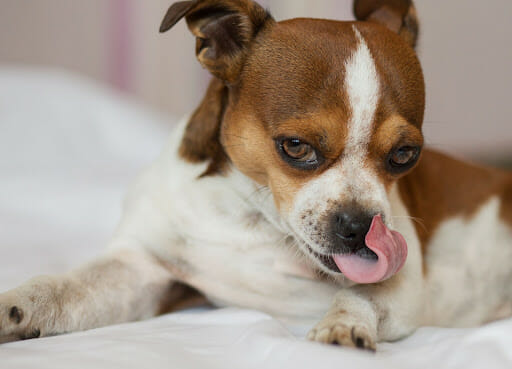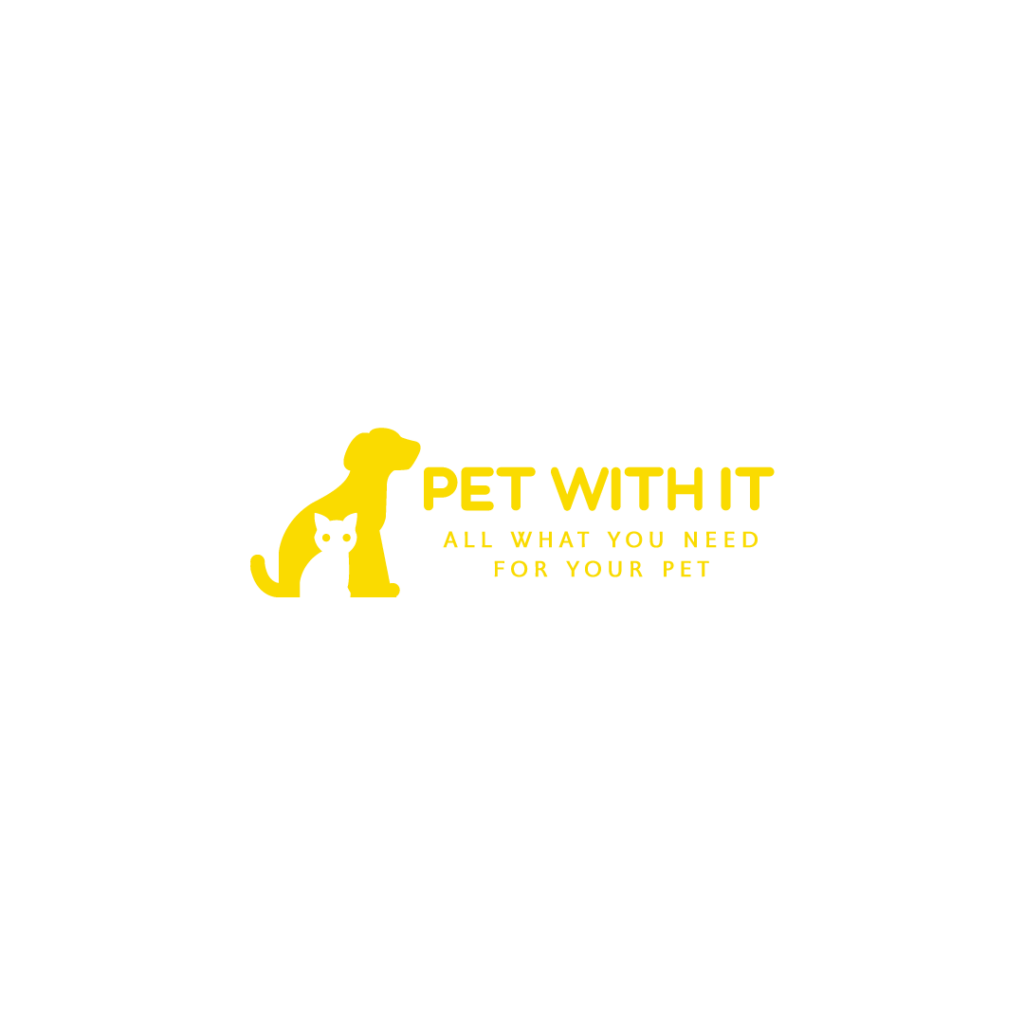Your Dog Licks Their Paws – Here’s Why!

Your Dog Licks Their Paws: Here’s Why!
Dogs are interesting beings, aren’t they? From playing with their tails to chasing butterflies, they sure do keep themselves entertained and even us. We don’t always know why do dogs do the things they do.
However, sometimes, we do know. For instance, your dog licking his paw is something you probably would have witnessed sometime.
Is it a cause of concern? Well, if it’s occasional, it’s completely normal. If it happens regularly, you should take a look into it and figure out the cause.
REASONS YOUR DOG MAY LICK THEIR PAWS
AN INJURY
If your dog starts licking its paws very frequently, it could be a sign of injury especially if they lick the same paw or the same spot on the paw.
In case there is an injury, your dog may probably be licking its paws to try and keep the wound clean, or to dislodge something that may be causing discomfort and pain.
You can take a closer look at your dog’s paw. Look out for a cut, broken nail, bite, something stuck between their paw pads, a thorn, etc.
You can give your vet a call if you find something or even if you don’t. An expert look at your dog’s paw can reveal anything that might be causing problems.

DERMATITIS
Dermatitis is a skin condition most commonly caused by allergies or bacteria. If you don’t find an apparent injury but your dog still feels irritation in the paw, it could be dermatitis.
If such is the case, go over the products used on your terrace or sidewalk. Try to recall if your dog walked on a new surface, or perhaps came into contact with new plants as allergic reactions can also cause dermatitis.
If that’s the case, clean your dog’s paws with warm water and a towel and keep an eye on the irritation. Prevention is better than cure, so make it a habit to clean your dog’s paws when they come from a walk outside.
PARASITE INFECTIONS
Parasites like fleas love to make their home on your dog’s paws and between their paw pads. They cause your dog’s skin to be super itchy. Obviously, dogs can’t really scratch their own paws, so they will lick them for relief.
Make sure to take your dog to the vet right away as only they can provide treatment for parasites. Do your research for preventive measures as well to keep fleas away from your fur baby.
FOOD ALLERGIES
Food allergies are harder to pinpoint in dogs even though those are not uncommon. Itchy paws are one of the known signs of food allergies in dogs.
If you suspect such a thing, let your vet have a look at the food your dog is consuming. They will judge from the food’s label if anything is causing the allergy.
They might also recommend you a specific diet and tell you the ingredients you need to avoid giving your dog.
PAIN
Being a dog owner, you obviously never want to see your furry friend in pain. Excessive paw licking can very well be a sign of pain in dogs.
It can be some joint or muscle injury, arthritis, leg, and foot condition, that might be hurting your dog and causing them to lick their paws. Some dogs may even lick their paws even when the pain is in other parts of the body.
This is why paw licking is not at all ignorable. It could be a sign of something serious.
It’s best that your vet does a full body exam of your dog to discover any condition that may exist.

STRESS, ANXIETY, OR BEHAVIOR
Just like excessive barking and destructive chewing are said to be behaviors dogs use to cope with stress or anxiety, paw licking can be one of such behavior too.
If you notice your dog licking their paws along with any other compulsive behavior or in certain situations only, e.g. when bored, or around other pets, etc., then stress can very well be the root cause.
You can help your dog overcome stress by engaging them in exercise, training sessions, playtime, etc.
WHY IS EXCESSIVE PAW LICKING A CONCERN?
As we established earlier, occasional paw-licking is normal but if it becomes consistent, you need to worry about it. If you are wondering why there are two main reasons for the need of concern.
Skin can be irritated by repeated licking, and it may even cause tears and breaks. Any open wounds can easily get infected, as paws are exposed to different surfaces.
As in the aforementioned reasons of paw-licking, it’s evident that many times, it could be a sign of an underlying issue. The sooner it is diagnosed, the better.

That’s why it’s so important to figure out what’s causing the licking, consult your vet, find a solution for the issue.
What Can You Do?
Never ignore frequent paw-licking as it’s vital to be aware of what’s going on. Don’t delay consulting a vet for an expert opinion about your dog’s paw-licking habit and the reason behind it. Remember, prevention is better than cure.

